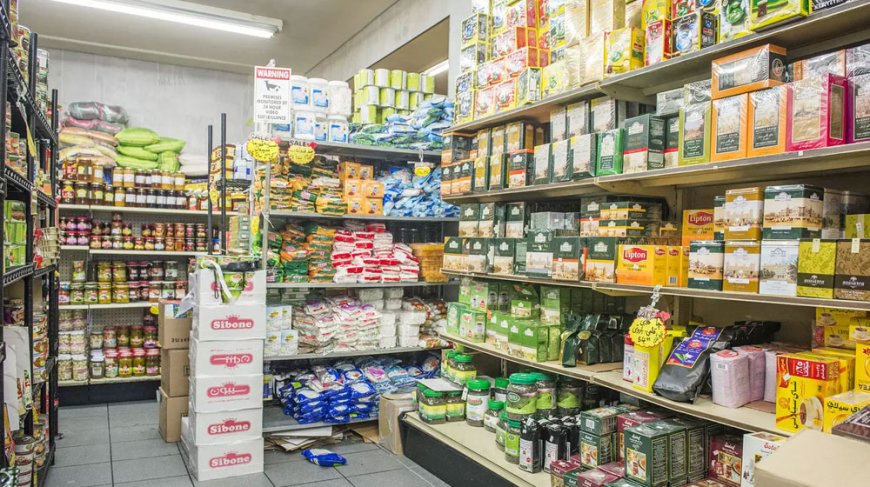Retailers Pay Rs 455B More Tax in FY25
Retailers paid Rs 455B extra tax in FY25, totaling Rs 617B due to strict FBR enforcement

In a remarkable fiscal development, Pakistan’s retail sector paid an additional Rs 455 billion in taxes during the fiscal year 2024-25, bringing their total contribution to Rs 617 billion. This marks a significant jump from Rs 484 billion in FY24, reflecting an increase of Rs 133 billion—a clear signal of the impact of stricter tax enforcement.
The surge is largely attributed to enhanced compliance measures introduced by the Federal Board of Revenue (FBR), rather than voluntary payments. Policies such as mandatory advance tax deductions, rigorous withholding rules, and tighter monitoring have been central to this increase.
Detailed Breakdown of Retail Tax Contributions
The Rs 617 billion total includes contributions from various channels:
-
Advance Tax: Rs 316 billion (Rs 237 billion from retailers, Rs 30 billion from wholesalers, Rs 49 billion from traders)
-
Filed Tax Returns: Rs 28 billion
-
Withholding Taxes: Rs 216 billion
-
Other Tax Channels: Rs 57 billion
Notably, the Section 236G and 236H withholding regimes alone generated Rs 62 billion, underscoring the effectiveness of focused enforcement measures in bringing more businesses into the formal tax network.
Government Strategy Behind the Growth
The government’s approach aims to expand Pakistan’s tax base and improve compliance through:
-
Enhanced monitoring and enforcement of tax obligations
-
Integration of financial and real estate transactions into digital databases
-
Streamlining trade processes, including reducing customs clearance times from 52 hours to a targeted 12 hours
This strategy has successfully increased compliance among retailers, but it has also sparked discussions about tax equity, as other sectors contribute differently:
-
Salaried Class: Rs 545 billion
-
Exporters: Rs 180 billion
While the retail sector shows the fastest growth in tax payments, it still lags behind salaried individuals, highlighting persistent disparities in the tax system.
Impact on Businesses and Compliance Trends
The increased tax collection is mirrored by a surge in tax return filings, rising from 4.5 million to 7.2 million by June 2025. This growth has been driven by:
-
Stronger enforcement measures
-
Integration of third-party financial data
-
Penalties and deterrents for non-compliance
However, many small businesses and independent traders face cash flow challenges due to advance tax obligations and documentation requirements. Despite this, authorities emphasize that these measures are crucial for stabilizing the economy and meeting commitments with international lenders like the IMF.
Looking Ahead: Toward a Fairer Tax System
The Rs 455 billion surge in retail tax contributions signals a shift toward enforcement-driven revenue collection. While effective in the short term, long-term sustainability will require:
-
Tax education programs to guide small traders
-
Simplified digital filing systems for ease of compliance
-
Incentives and relief measures for small and medium-sized enterprises
These steps could ensure a broader, fairer, and more sustainable tax base, helping Pakistan achieve stronger domestic revenue growth while supporting businesses.
This development marks a new phase in Pakistan’s tax collection strategy, with enforcement taking the lead over voluntary compliance. If coupled with supportive policies, it could serve as a turning point in strengthening the country’s fiscal framework.

 Israr Ahmed
Israr Ahmed